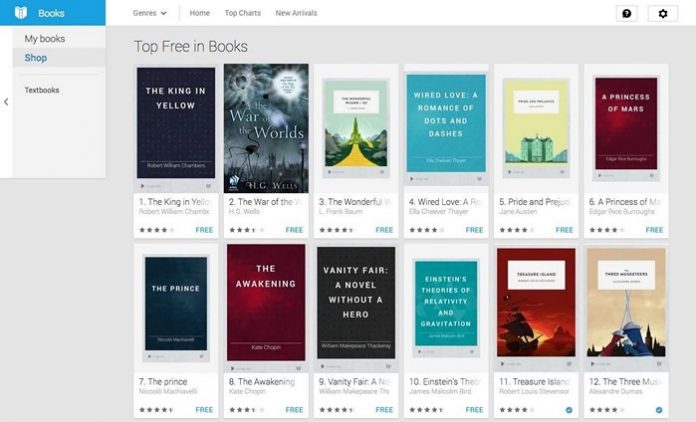For booklovers the internet can provide a treasure trove of reading material in the form of free books, essays, poems and short stories. But finding free material to download and read later without infringing on copyrights of the authors could prove more elusive.
To say that copyright laws are convoluted is an understatement, and depending on where you stand with regard to copyrighted material, these laws have been a bane to many readers and a boon to many authors and more so to their publishers.
According to the United States Copyright Act of 1976, any work created on or after 1 January, 1978, is automatically copyrighted for the author’s lifetime plus an additional 70 years. Yes, it is a very long time; but powerful vested interests were behind having the law enacted. It is a truism to say that politicians who enact laws, love vested interests; and so this copyright law remains the one currently in force.
Before 1978, the last major revision to statutory copyright law in the United States occurred in 1909. According to that law copyrights had to be manually renewed after 28 years and then again after another 28, for a total of 56 years, after which they entered the public domain. The result is that any books that were published before 1964 and did not have their copyright renewed — because their authors were not aware that they had to renew, forgot to do it, no longer cared about the copyright, or where no longer around — fell into the public domain.
As a result, according to the New York Public Library (NYPL), there could now be upward of 480,000 books that are now out of copyright and should be available for readers to access completely free. The NYPL has been working on a project to identify, verify and scan these books. However, the processes involved in determining which books are actually in the public domain could take time. In the meantime, there are already many resources online where you can find free books and stories to read, including:
Project Gutenberg: Founded in 1971, the project boasts over 60,000 e-texts in its collection, all of which are free for download.
Netgalley, is a site where many publishers give access to pre-publication copies of their books to bloggers, reviewers, librarians, or other influencers, in the hope that they will recommend the book to their readers.
Amazon: If you are a Prime member, you can get one or two free books a month via Amazon’s First Reads program and access others via the Prime Reading feature.
If you are more into audio than print, LibriVox is a good resource to check out. This service offers audio versions of public domain books in MP3 format. The readers are all volunteers, so the quality of the readings can vary, but if you find a reader you like, you can always do a search to see what else they have produced.
There is a variety of publications online that offer well-written (and well-edited) short stories. Some provide free access to one or two of the stories in the latest issue, while others are entirely free.
Some of the better-known literature magazines include Narrative Magazine, The Vestal Review (which specializes in flash fiction), Ploughshares, Granta and Pank.
If you are more into genre publications than straight literature, there is a wealth of free stories to be found, especially in the science fiction / fantasy genre. A short list of available publications includes Tor.com, Clarkesworld, Lightspeed, Beneath Ceaseless Skies, Strange Horizons, and Uncanny. There are many others.
If romance is your poison, then you will find plenty of free online romances if you register with well-known publisher Harlequin.
In addition, online services and print-on-demand have made it possible for thousands of authors to bypass traditional publishing companies and publish their novels, short story collections, and other works on their own. Smashwords, with over 520,000 titles, offers access to thousands of self-published books, and many of them are free.
Most public libraries today allow their patrons to borrow ebooks. Three of the most popular apps used by libraries are Libby, OverDrive, and Hoopla. You can also often borrow books in Kindle format.

















